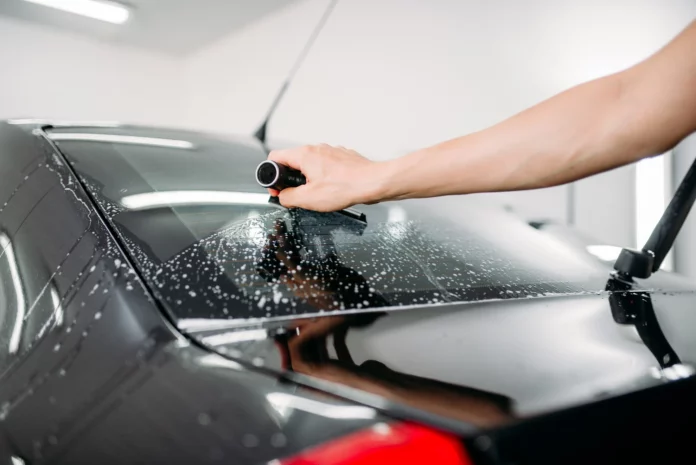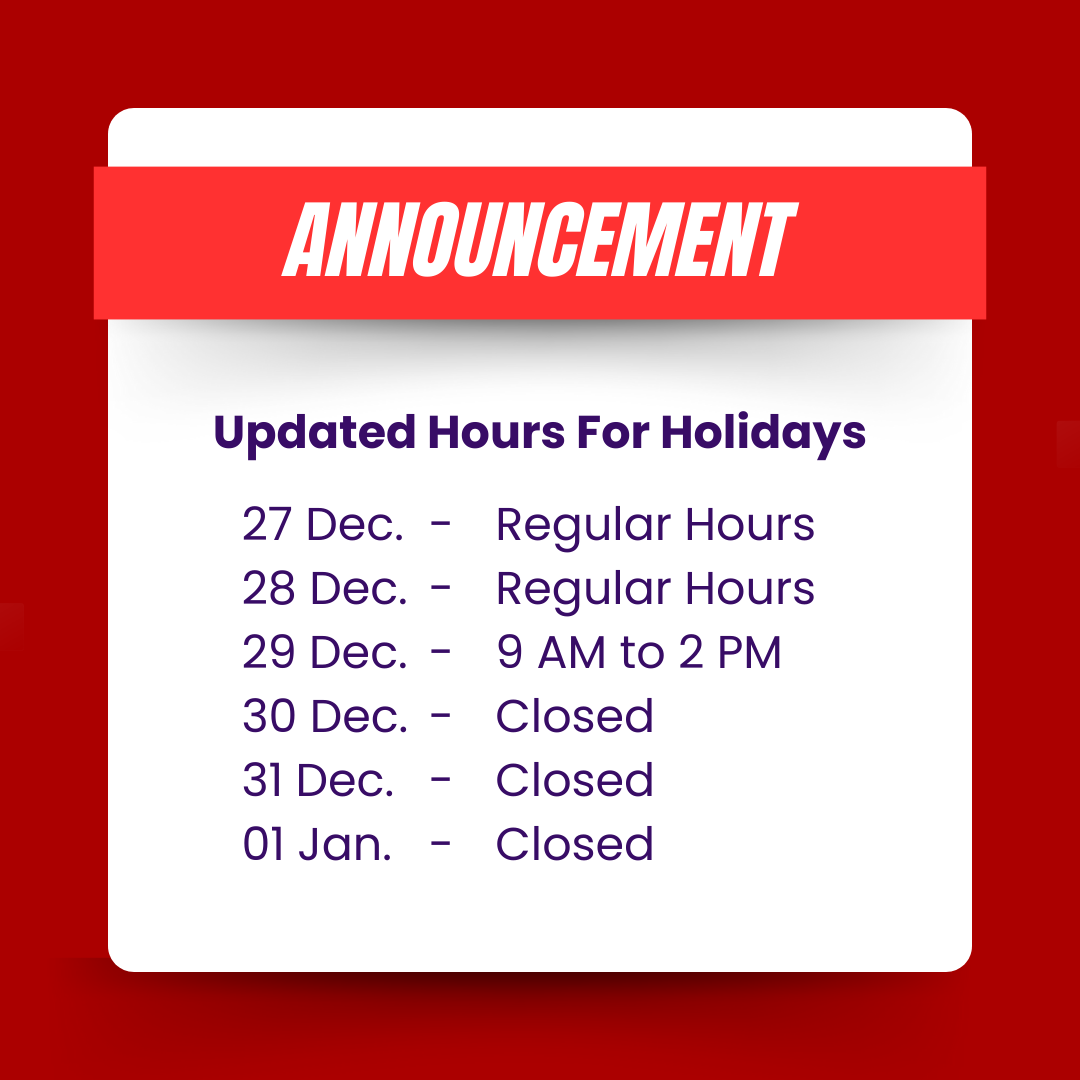Collisions with animals can happen unexpectedly, leading to vehicle damage and potential injuries. If you find yourself in such a situation, understanding your insurance coverage is essential. In this comprehensive guide, we will explore whether collisions with animals are covered by insurance. We will discuss the insurance policies that may provide coverage, considerations to keep in mind and how to navigate the claims process. By gaining a clear understanding of the insurance implications of animal collisions, you can be prepared and informed in the event of such an incident.
Comprehensive Insurance Coverage
When it comes to collisions with animals, coverage is typically provided by comprehensive insurance. Comprehensive coverage protects against damages to your vehicle caused by incidents other than collisions with another vehicle. This can include collisions with animals such as deer, dogs, or other wildlife. However, it’s important to note that comprehensive coverage is optional and not a legal requirement in most jurisdictions. If you have comprehensive insurance, you can generally make a claim for damages resulting from an animal collision.
Coverage Limitations and Deductibles
While comprehensive coverage generally provides coverage for collisions with animals, it’s important to review your policy for any specific limitations or deductibles. Some insurance policies may have exclusions for certain types of animals or may impose higher deductibles for animal collisions. Reviewing your policy and discussing any concerns with your insurance provider will help you understand the coverage limitations and potential out-of-pocket expenses.
Reporting the Incident and Navigating the Claims Process
If you are involved in a collision with an animal, it’s important to take immediate action. First, ensure your safety and the safety of others involved. Then, promptly report the incident to your insurance company. Provide all necessary details, such as the location, time of the incident and any relevant information about the animal involved. Your insurance provider will guide you through the claims process and may require documentation, such as photographs of the damage, police reports, or veterinary reports, depending on their specific requirements.
Prevention and Safety Measures
While collisions with animals can be unpredictable, there are measures you can take to minimize the risk. Be aware of animal crossing signs and exercise caution when driving in areas prone to wildlife encounters. Reduce your speed, especially during dawn and dusk when animals are more active. Stay focused and avoid distractions while driving. If an animal suddenly appears on the road, it’s generally recommended to brake firmly and avoid swerving, as this could lead to more dangerous situations.
Conclusion
Collisions with animals can be unsettling and result in significant damage to your vehicle. Fortunately, comprehensive insurance coverage is typically designed to provide protection in such situations. Reviewing your policy, understanding coverage limitations and deductibles, promptly reporting the incident and following safety measures can help you navigate the claims process and ensure a smoother experience. By being prepared and informed, you can have peace of mind knowing that your insurance coverage can help mitigate the financial impact of collisions with animals.







